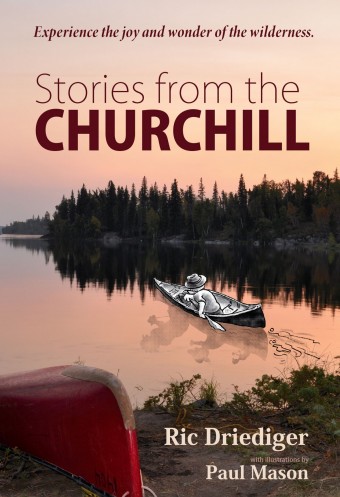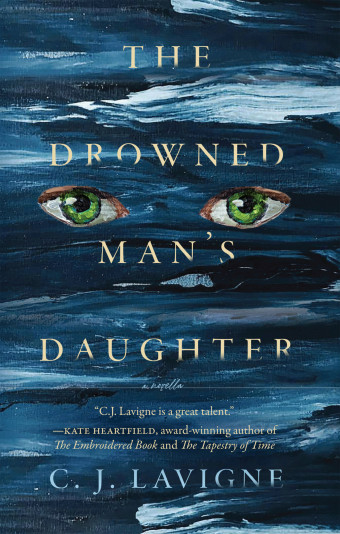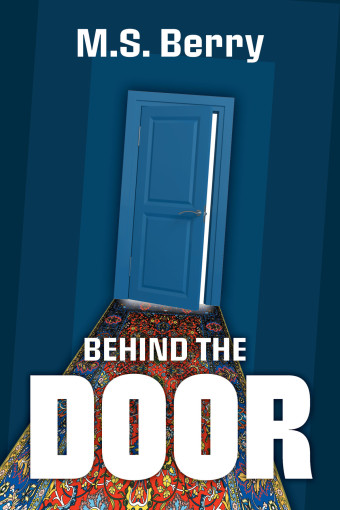Ric Driediger found his life’s work and his life’s passion on a canoe trip in 1972. He had just graduated from high school and now he knew one thing for sure – he wanted canoeing to play a large part in his life.
But could he have all that fun and still make a living? Turns out, he could.

- Stories from the Churchill
- Ric Driediger, Paul Mason (Illustrator)
- Your Nickel’s Worth Publishing
- $24.95 Paperback, 224 pages
- ISBN: 978-19-88783-72-7
He started with guiding and organizing trips for others, and by the mid-’80s, he was the owner and operator of Churchill River Canoe Outfitters in Missinipe, Saskatchewan.
He was living the dream.
Driediger’s latest book, Stories from the Churchill, mines 50 years of history and the result is 20 chapters with titles such as “That First Trip,” “Keeping Warm,” “On Getting Lost,” “The Burned Canoe,” and “The Hand from Above.”
There are stories about mysteries, about romances, and even about a duck who showed up at a couple’s cabin one morning looking for her Cheerios. And none of this eating off the floor either – for this savvy bird, it was on a proper chair pulled up to a proper table.
The stories all come from Driediger’s own experience or experiences he’s heard about, but they’re not always strictly factual. “Sometimes the stories I tell are exactly what happened,” he says.
“Often the story sits in the back of my mind for years. It takes many forms depending on the point I am trying to make. I have a very active imagination. I can imagine many different things that could have happened, different scenarios that can change the outcome of the story or make a different point.”
Most of the chapters follow a theme. “I would choose a variety of stories for each chapter that would follow that theme and make the point I was trying to make in this chapter,” Driediger explains.
“I have to start writing and the ideas tend to flow. My imagination takes over and I can’t stop writing.”
While each chapter is entertaining and informative, Driediger wants the book to be more than the sum of its parts. “I don’t want Stories from the Churchill to just be another story book,” he says. “I want it to be seen as more than that. I want readers to see themes in this book that transcend the individual stories.”
Driediger came to these themes through an organic writing process. “I am not an outliner,” he says. “I have to start writing and the ideas tend to flow. My imagination takes over and I can’t stop writing.”
Driediger appreciates the work of his editors, who make sure the details are accurate, the grammar is correct, and that there is overall consistency in the narratives. He says, “This all comes after I have read and reread the book many times fixing the many things I find.”
Driediger, now nearly 70, is entering a new phase of his life, where he is gradually letting go of the outfitter business to focus on writing different kinds of books, including fantasies, murder mysteries, children’s stories, and theological writings related to humans and the environment.
“I love writing, he says. “I love the process of letting my imagination run away with me. It will be interesting to see what I accomplish with my writing over the years.”













